Mikhail Larionov, Circles.is: about a Facebook career, entrepreneurship, community building and product thinking
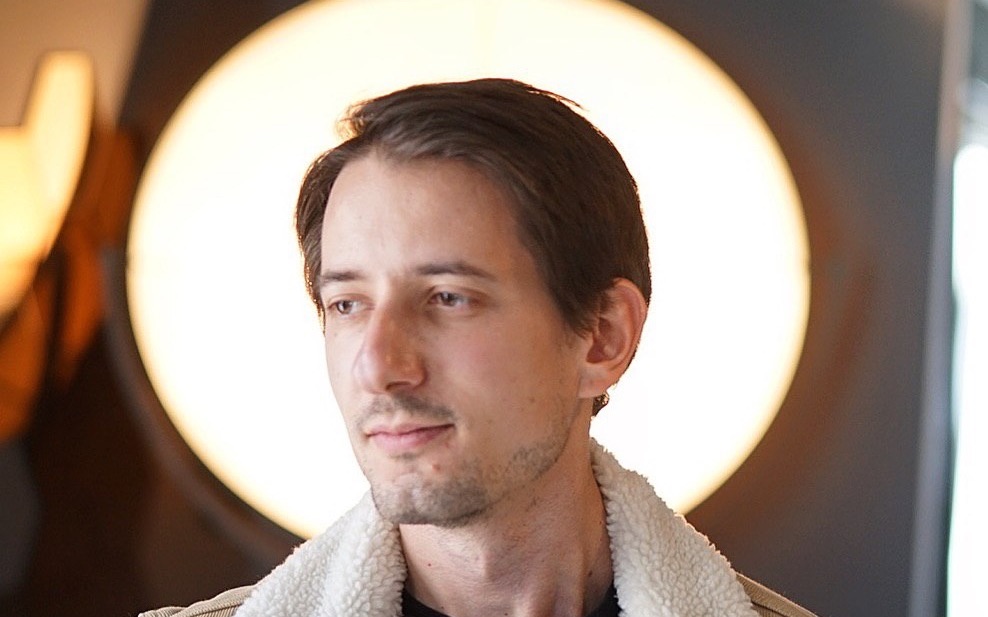
I spoke with Mikhail Larionov, who made a fantastic career as a developer of indie games in Russia to head of development of the Facebook Messenger platform in California. Now Misha makes his products about what he likes - for example, about the development of communities . This is the seventh in a series of interviews with the masters of their business about the grocery approach, behavior change and entrepreneurship.
Misha, hello! Where do you broadcast from?
From a small penthouse in downtown Los Angeles, in a pretty nasty area. It so happened that the most interesting people live here, because all creative personalities are trying to rent cheaper housing. Just yesterday I was at the exhibition, met a talented artist, and it turned out that he lives in my house. We will look to each other at parties.
How did you get to LA?
I lived for five years in San Francisco, almost all the time working on Facebook. Then in March last year, he quit and went on a journey that lasted six months. Back in San Francisco after Burning Man, I realized that I had nothing more to do there. I had no desire to work for a corporation or make an aggressive startup. Social life there is also extremely peculiar. So I collected all the things, threw them into the car and moved to Los Angeles. Now there is generally a big trend for moving from the valley to LA. I arrived, threw things and went to The Summit the same day. A very good impression was formed at once, there was a very versatile contingent, the city itself was large and diverse. Very similar to GTA.
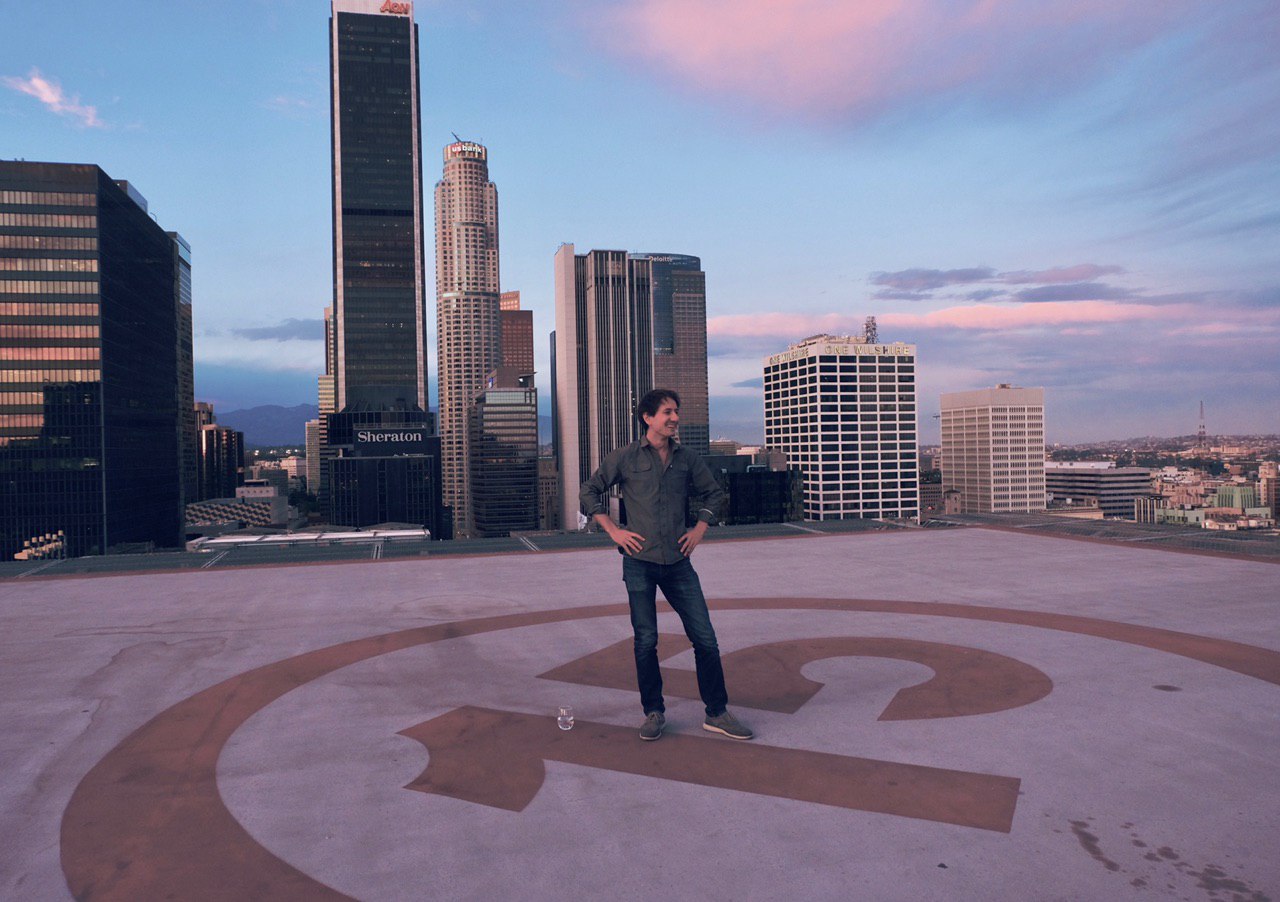
Do you mean the game GTA?
Yes, there would be a third-person camera and it would be quite the same feeling. You sit in the car and drive along a curving highway. The sun, palm trees, the spirit of California. One to one as in GTA, very cool. Only in GTA there are no traffic jams :)
It turns out that there were big life changes, they threw you into Los Angeles. And tell us briefly how you got on Facebook and what did you do there?
I spent many years playing games, and about seven years ago I was invited to a Disney product manager in Moscow. At that time, Disney just bought Playdom, the second largest social game company after Zynga. So I first came to Palo Alto, California.
Having arrived, I realized that here it is - the center of the technological world. Immediately began to work out a relocation plan. I will not go into details, but it took me a year and a half to get a visa. In between, I lived in London and Barcelona. Not really counting on success with a visa, to be honest, but everything turned out.
Arriving in San Francisco, I lived a little on my own wave, and then decided that I needed to join the environment and went to look for work. At first I wanted to go as a product manager: I interviewed big companies, but without success - despite the fact that there were game companies behind and back, and work at Disney. But the product I did not need anyone in the Valley. Later I understood what the problem was.
The fact is that in the Valley the product manager is more of a communicator and a politician, and I was an impudent Russian guy. At the same time I was interviewed by graduates of the MBA from Harvard, Goldman Sachs, such guys.
Then I decided: I’m wearing a developer hat again, it was just a fresh experience. In a month I received five offers, the last one was Facebook. I came to them, one might say, from the street: I went to the site, submitted an application and went through two days of interviews. Three days later I got an offer.
I remember how excited I was of the company. They had the clearest process, excellent people, a beautiful sunny campus, on which there was perhaps no spa. Although there was a spa too. When you get into Facebook, you first get into the training program, bootcamp . You are given a month and a half to figure out how the company works, to delve into the insides of various products, to write and release code for different systems. Then you choose your team. In fact, this is an internal dating between teams and new employees.
I was lucky to meet guys from what was called Businesses on Messenger at the time. It was a team that just started with a couple of people: one developer and product manager. The guys showed their future product designs - Messenger integration with online stores. I was very impressed with their vision, which has since become mainstream. It was only later that I learned that in China, WeChat invented everything before us.
The vision was that by making business communicate with users in 1: 1 chats, you can achieve very personal, effective and enjoyable communication. This is a tectonic shift in how we receive messages from the business, because traditionally all advertising and email newsletters are 1: many communication.
I joined the team. The first year we did integration with e-commerce, with Uber and Lyft, airlines. These were one-time stories, and at some point we understood that this train would not go far. It is necessary to do not local, specific things for some type of business, but to build a global platform through which any business could communicate with users. We at that moment didn’t have a product manager, I made a description of the first version of the platform on my knee and sent it to the boss.
Is this what is now known as the Facebook Messenger platform?
Yes. What many called the platform for bots. In our vision there were no bots at all, correspondence with artificial intelligence and other things. But, unfortunately, Telegram was just launching its platform then and this was all confusing, including the Facebook manual.
We were lucky to push buttons and structured interaction to the first version, and this gave a chance to other scenarios. As a result, they just worked, unlike bots. And now we see a huge increase, the numbers speak for themselves. A large number of businesses sit down on this channel, including for marketing reasons.
They gave us the green light, this story took off inside, for four months we gathered the first version of the platform from pieces of previous integrations into three faces and launched it on F8, the internal conference of Facebook.
For a time this became an important focus for the company. Over the next year and a half, we developed this area, released a dozen important updates, and raised a team to 30 people. It so happened that I grew to the level when I began to engage in political debates, very quickly burned out of them and decided to leave the company.
The platform continues to grow. My goal was simple - to build an ecosystem, the total valuation of which would be more than a billion dollars. And I think that another year or two and the overall assessment of all companies operating on the platform will reach this figure.
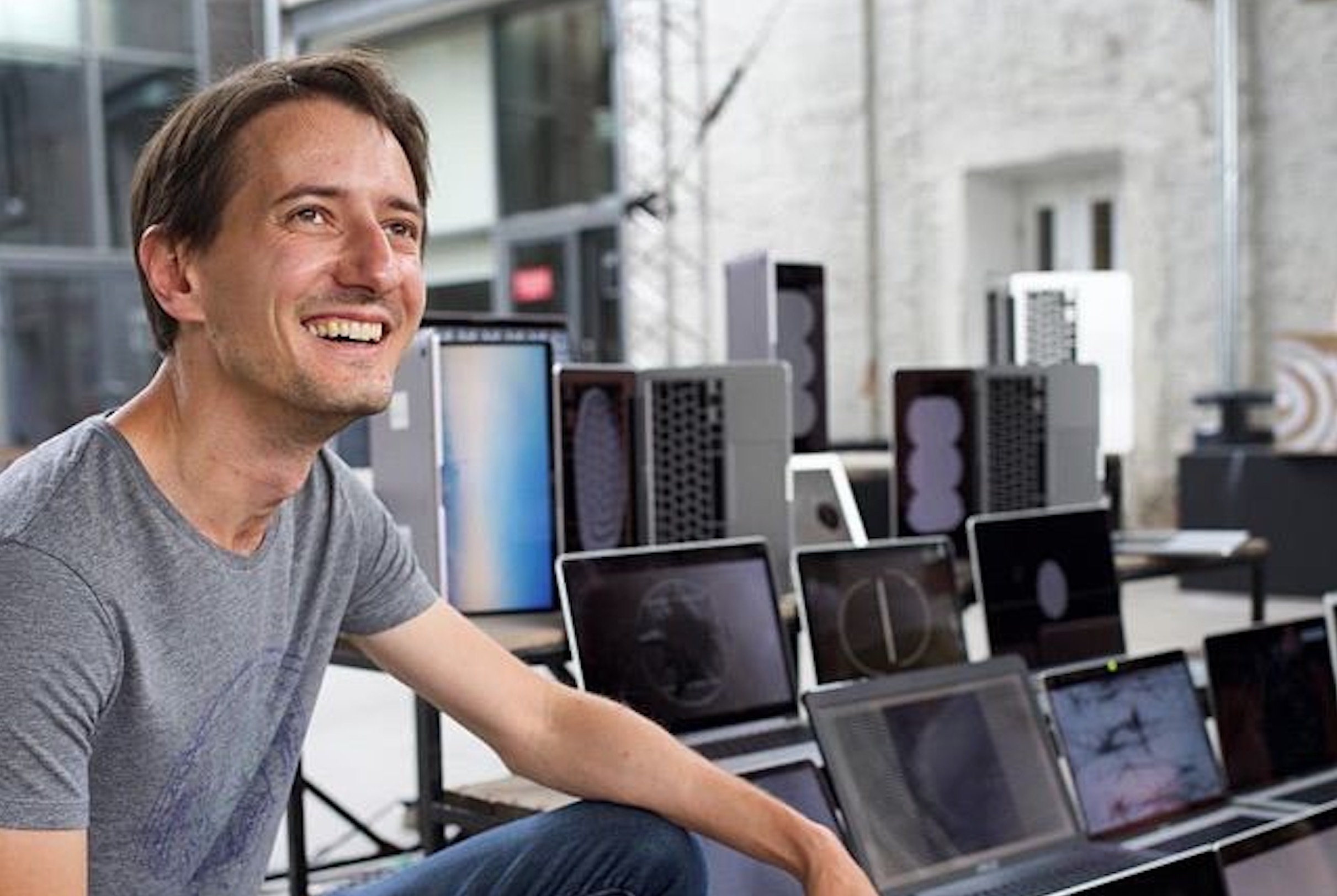
Didn't you want to stay on Facebook when it was so close to success?
I didn’t have any influence on success, the vector was set, I carried out all my tasks, and then politics began to interfere. You know, I am now making my product on the Facebook platform, and I am very happy. I tell the past myself a big thank you that I fought for some things and I managed to drag in important functions. The platform works, everything is there to build integrations, make interesting prototypes, create independent businesses.
In 2016, Zuckerberg wrote a resonant manifesto about the global community. As we know, the events of the following years turned out to be completely not as idealistic as Mark saw them in his post. Why do you think Facebook failed to build this global community?
Despite all our claims to Facebook, they, of course, managed to build a global community. And now I’m talking primarily about Facebook Groups, which are used by more than a billion people. Of all the existing products for communities, this is undoubtedly the most global. And in general, quite successful.
The problem is that Facebook Groups are fighting for attention with posts of friends, businesses and advertising in the newsfeed. At some point, Facebook launched a separate Groups application. And it was a great idea, with not the most successful performance. The app has been disabled in 2017. It is possible that the standalone community tool doesn’t have enough user engagement — so we started with a bot in Messenger, and not a mobile application. But now Facebook Groups are in a very flawed position within the company, unfortunately.
Thirdly, there are fundamentally more convenient formats for large communities than algoranked feed with chronological comments (the current format of Facebook Groups). Reddit format ( community ranked feed with nested comments ranked by the community), as practice shows, fits much better. But on Facebook, those who understand this are not the same people who make important product decisions. In general, the Facebook product vertical does not work very well, to put it mildly, if you look at the evolution of the main products of recent years. People are afraid to make bold decisions. Either they do not care.
Tell me, what are you doing now on the Facebook Messenger platform?
I left Facebook in March last year and six months randomly moved in space. In the summer, being at one secret party in a forest in the Moscow region, an insight came to me. I realized that I get the coolest impressions through the communities, that is, through my friends who are clustered into groups of interests and values. At that party, I received such an ultimate experience that I decided to start actively searching for it and repeating it. And since I am a geek and product, my way is to build a product for communities and such formats. Quite a strange train of thought, but for me the standard. If you want to dig somewhere, make a product there.
I thought about it for several months, I turned this way and that, studied the community and products in this niche, talked with the founders. I wanted to understand both the vision - what kind of product this is, in which the most diverse communities of the world will be gathered - and the entry point into this environment. That is, how to create a minimal product that will work on the simplest scenario.
Already on New Year's Eve from a close friend I learned about the mechanics of random coffee , quite popular in the world. We played with different running variations and thought that we could quickly make our prototype to start receiving feedback from different communities and thinking about the next steps.
Random coffee is a mechanic in which in the framework of one community (or company) each week, two participants randomly introduce themselves to each other to meet for coffee and chat. This may be a physical meeting or a remote call. The benefit of this mechanic is that it makes communities more connected. This is valuable for the participants themselves: they have new friends and connections. And for the organizers: their community becomes more active and cohesive. For corporations where this is also applicable, the benefits are also obvious: people from different departments begin to transfer knowledge and context, creating cross-pollination.
For the month, we did the integration for Facebook Messenger, launched in several communities in Russia - it was our pilot. Now we are building and optimizing this product further. Meetings are only an entry point, it is not a product in itself, it is just like a door, behind which something should be. People build new connections, but do not understand how to use them further. The second version will be the answer to this question. We are actively working on it and will launch within a couple of months.
The current product is also growing, we invite various groups, communities and corporations to use it. We are thinking about monetization, but for now this is absolutely free, and then most likely it will be a freemium.
Speaking of the community, I recall the example of Burning Man - perhaps the most ambitious experiment in creating a community that has been going on for more than 30 years. There, the community is based on its values, principles, and is absolutely not connected with any state or private companies. I know that you were in Bern, and therefore it is curious if you thought about using the Burning Man practices in the community product?
Burning Man is interesting, including the fact that he repeats the model of the church in the period of the birth of Christianity. There is a feeling that this is an old story in a new wrapper. There are branches (camps in Bern), people meet there and spend time in their environment. Affiliates have common values, they have their own ten commandments, and there is some kind of global leadership (bishops) that controls this all. I am sure that in a few hundred years there will be the Church of the Burning Man, all this will turn into an endless ritual and only the old women will go there to worship the founder's relics.
Just kidding I love the fact that the groups doing camps at Burning Man are very different. These are radically different cultures. Changing the camp, you can get into a completely different Bern. I consciously go every year with another team to see this world from a new perspective. Yes, each camp is a fairly close community, but these communities know little about each other. A product like ours would be very useful there - to meet everyone outside the event.
Suppose you are going to Burn, do you know a lot of people there?
I have there many different groups of people with whom I intersect. In fact, this is the only time in the year when we can spend time with a lot of my friends, because I live in the States, and a lot of my friends come from Moscow and Europe.
Another important feature of Burning Man is volunteering. Last year I discovered the opportunity to participate as a volunteer in what Burning Man calls Temple - a design where people bring different artifacts and messages every year to say goodbye to those who are no longer in their lives: relatives, friends, former lovers, pets and so on. The place of unreal energy concentration. And there you can volunteer, which I did last year. For me, it was a new way to understand what Burning Man is.
In fact, I have a question about the community. For example, that there are strong and weak connections in the communities, there are ordinary participants, super connectors and moderators. Here's how it all comes together in one picture, can you describe it?
Given that any community is a network, it is itself uneven. There are centers of gravity, people who started the community and support it. They always have a large number of links with all participants. Concentric circles continue to disperse from them: community elders who are familiar with the leaders; active members; and then everyone else. All activity is pulled to the center. This center is very important because it sets the culture and format of interaction in this community. We understand that we need to make a product both for ordinary participants and for this center of gravity of people. And it seems important to make it possible through the product to formulate rules and formats so that the community moves further along this path organically and does not turn into chaos.
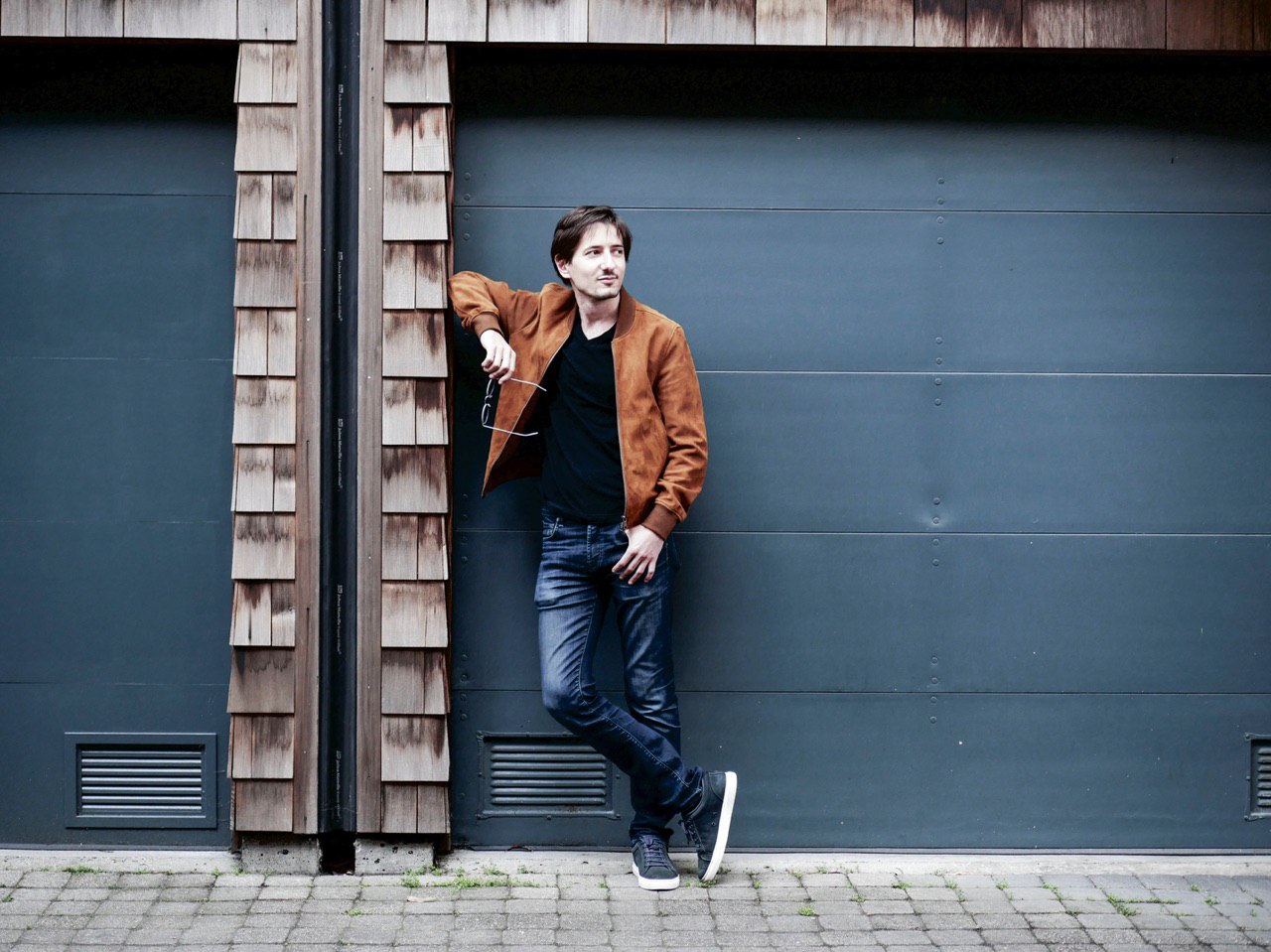
And as for the regularity of meetings? And do we need any general gatherings?
Obviously, the optimal form for the community these days is a hybrid one. On the one hand, there are some physical encounters that give depth to the experience. On the other hand, there is online activity between the two that fills the pauses. Speaking about offline meetings, I seem to understand the optimal format, the recipe for a classy party in a broad sense. Key ingredients are:
- Nice cozy place;
- Relevant members;
- Leading, creating a cool vibe that keeps everyone a few hours around and lets you relax.
Under the last description fit musicians, shamans and other facilitators. It gives everyone a sense of unity and excitement, but at the same time it gives to communicate and get acquainted in the background. The size of this event may be completely different, the smaller, the more often they can be done. At my home this happens, for example, every couple of weeks. We understand that at some point we will have to build a product for this format. But for the time being we are approaching this in small steps.
Before the interview, you said that no one really understands how to think about important things in life. Can you tell me your version how to do this?
I meant that many people are knocked down values or not understanding their own values.
It seems to me that the first thing that anyone should understand is that it is really important for him. Take me as an example. All my life I reacted to external signals, which often turned out to be noise. I made several products and entire companies because of the pure fomo (fear of missing out - the fear of missing something) , it seemed to me that I had to urgently jump into a high-tech hyip steam locomotive.
So I ended up in social games, helped build two companies in the blockchain. But this is fundamentally the wrong way, because these waves of euphoria quickly pass, and then you stew in this even for years. Well, or throw. In the end - burnout and all the other delights.
Dima Dumik and Sasha Memus spoke about similar things in our past interviews ...
…Yes. Instead, it’s worth understanding what you really care about from the inside. What turns you on, from what you get high - and why.
For the first time in a long time, I myself follow this advice. With the direction of the community, I waited six months to understand whether this is my desire or a temporary trend from outside. And when after six months I did not burn out, I realized that it was time to actively do something. At the same time, I admit that I can burn out in a year, but still, now there is a window of time in which I can do something that seems to me important.
Globally it is useful to understand what you really want to get in the end. Many things are imposed on us and we live with other people's desires (René Girard called it “memetic desires”). If you want money, fame, or women (men for women who read), maybe you are talking about a trace in history, or maybe experiencing in a moment. These are all different things, they have different effects on how you plan your life, and as a result - the life of your own company.
For me personally, I realized that money is not so important to me, I earned it and will earn it, but this weakly correlates with my internal state. When there is money - class, if not - you need to quickly get it and forget that it is cool again. Instead, I realized that my philosophy is life as a brilliant party (to understand exactly what I mean, you need to get on my own). And therefore for me (a) it is important to do something than I use myself, I am an egoist in this regard, (b) to do something about people is the most interesting thing in our reality - and (c) to do something that is intellectually interesting in the long run. Things where there is a lot of uncertainty and over time it does not become less, because otherwise the intrigue disappears.
All this fits well with our history with the communities, because how many are already doing, and only more questions and we do not understand where it will lead us in a year. The main thing is not to succumb to provocations and FOMO.
Provocation from all sides, in my opinion. In interviews with donuts, I often ask guests about the hygiene of attention, about those things that eat our attention, actively trying to seize the time. I think you know this very well and watch it among the participants of your projects. Tell me about it.
This is a very big problem of our time. If it were not for these attention eaters, there would be ten times more cool products and services, for example. Even the founders of companies are distracted by anything and lose their time in an enormous amount. I know by myself, I've read Medusa in the mornings for many years and still do it if I have a bad mood. But it's terrible to spend hundreds of hours a year reading news. Social networks are, of course, generally dark.
To solve these problems, you need to train your own sensitivity. It's like sugar: you can eat sugar and not notice it, but as soon as you listen to your feelings, you notice that sugar is tasteless and cuts to your receptors. And you reduce the dose.
The same with social networks and news sources: in fact, you are not high. But you do not notice discomfort because of the dopamine corridors that force you to continue. I had such a moment on Instagram: I sat, looked through and suddenly thought: God, what a thrash it is! Given that everything has been filtered out a long time ago - why do I do it if I am not high and turn it off every time with a bad mood?
Different ways of locking such as timers and the like simply do not work. I personally tried them myself - this is a struggle with the symptoms. Vanity scattered attention - this is the root. Be in the moment, feel your feelings from the process and it is much easier to quit. Meditations help train this muscle.
Also, of course, you need to unsubscribe from all mailings, cut down the pushes everywhere, take off your Apple Watch, throw out the TV and exclude everything that does not allow you to sit in silence for an hour without distraction. I have someone else's TV, 100% of the time, the screen saver with a fireplace is on.
We started talking about meditation, about other ways to change behavior. Do you have your own philosophy on how to change behavior that does not serve you?
The key practice is called “outing” ( noting ), observing yourself in the process of the day. This is when your over-mind says what exactly you are doing right now. “I’m sitting on Instagram, I’m sad, some models, Morocco, friends’ lives. ”When you call things in your own words, it’s harder to ignore. You have some processes that start looking for a way out, alternatives.
From pure meditations, I switched to qigong, a good complex complex practice in combining body, breathing, thoughts, feelings is such a combo. After the exercises you are calm, down-to-earth and ready for action. I recommend to everyone.
I want to add that it is extremely important to reduce the distance to productive or at least non-toxic activities. For example, I have a drum set to the left of the desktop. Tired of working, I play drums. Nothing much distracting attention around. Playstation and VR-helmet in the box, did not connect the year already.
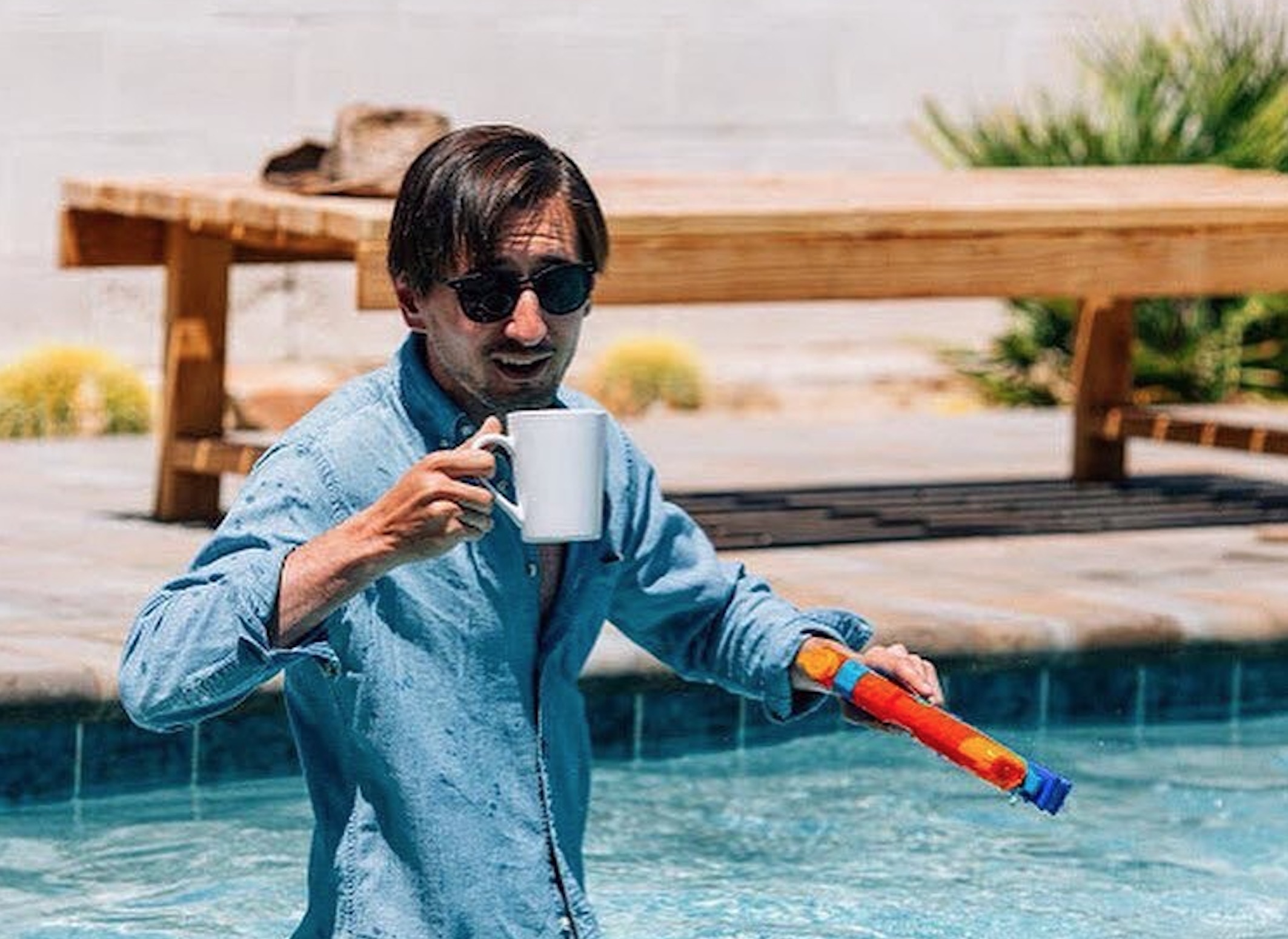
We have already talked about optimizing life around values. Do you have any advice on how to switch from a life in which everything is optimized by someone for you, to a life that you control yourself.
I will give such advice: they are not afraid to cut off what seems wrong and useless. For example, we often meet with friends who do not give us anything good, but only bring about discord. Once and for all decide that with this person I will no longer communicate. And let you be sad or bored for a while, but you will have more time to do something useful, find new friends, enter new communities. I think that self-destruction can be useful if you can curb it and direct it to those parts of your life that are no longer optimal. I would not suppress it, but I controlled it.
When you say that you create technology products to connect people, to meet in real life, the question arises: what do the technologies want from people? Do they have their own agenda?
No, technology has no agenda. But there are several business models for making money on technology. They strongly dictate the product. This is an advertising model, subscriptions, marketplaces and everything else.
There are models that by their nature dictate toxic products. For example, the advertising model is toxic. What Facebook does is quite toxic, because it is an infusion into your window of attention of arbitrary information for which they are paid. It is fundamentally bad that Facebook did not introduce a paid subscription without advertising. Shame on them for that. And if you are not yet buying a subscription on Youtube, then buy it, because the fact that video advertising flows in there is dark. $ 15 per month is worth not to kill your attention with anything.
It is necessary to build products on models that are less toxic. What they do, for example, Slack, Notion and others with a freemium and a subscription - you pay for additional functionality, but you can also use the simplified version without paying money or attention.
For everyone reading, please: build products on less toxic models, and we all will be happy. It would be interesting to observe the development of more positive models for social networks.
Do you think the information wants to be free or not?
I think the information does not want anything, it is people who want to make money in their majority. At the same time, people have an understanding that through the issuance of a piece of information for free, they can earn more on the rest, and I think this is normal. I am willing to pay for quality information.
Again, ideally, it would be all free, and we would pay money for some additional value, for example, a convenient search for this information. But even in this case, you want to own information, be a gatekeeper, control access to it in order to earn money on it. And if now you somehow get free information, then probably someone has figured out how to use your attention for their own purposes. , , . , - , , , .
?
, , . .
, ?
Circles : , , . . , – , , , , .
, , , . - , .
Yes. , .
. , ?
. , . , , , , . , . , . , , , .
, . , 21- .
:
- — ;
- , ;
- : , , , ;
- .
- ?
I want to say that you do not need to be afraid to take risks and it is worth making more bets. Because luck loves the persistent ... and those who buy tickets.
Are you talking about lottery or some other? Like on Burning Man?
And on Burning Man too: buy tickets, see you there this year. Or plane tickets to Los Angeles - and come to my place for coffee.
')
Source: https://habr.com/ru/post/449398/
All Articles